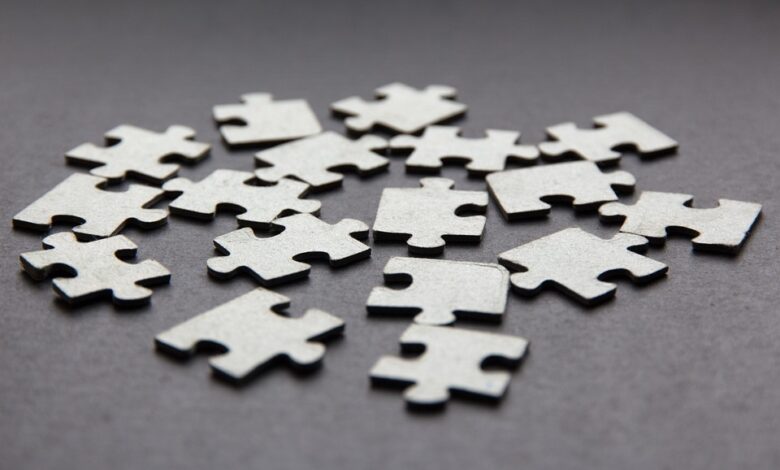The Psychology of Winning and Losing in Puzzle Games

Puzzle games have been a popular form of entertainment for decades, captivating players with their challenging nature and ability to engage the mind. Whether it’s a crossword, sudoku, jigsaw puzzle, or a video game like Tetris or Candy Crush, puzzle games provide a unique opportunity to test one’s cognitive abilities and problem-solving skills.
However, puzzle games aren’t just about strategizing and finding solutions; they also give us insights into the psychology of winning and losing. The way we approach and react to these games can reveal a lot about our mindset, personality traits, and how we deal with success and failure. Let’s explore the psychology of winning and losing in puzzle games.
One of the primary factors influencing our mindset in puzzle games is the desire to win. Winning provides a sense of accomplishment, pride, and validation that boosts our self-esteem. The satisfaction derived from reaching a solution activates the reward pathways in our brain, releasing neurotransmitters like dopamine that create a feeling of pleasure and motivation.
On the other hand, losing in puzzle games can evoke frustration, disappointment, and a blow to our self-esteem. Research suggests that losing activates the amygdala, the part of the brain associated with negative emotions, leading to feelings of anger or sadness. The intensity of these emotions can vary among individuals, with some becoming highly motivated to improve and others feeling discouraged and giving up easily.
The psychology of winning and losing in puzzle games also ties into our need for competence and control. When we win, we feel a sense of mastery and accomplishment, which reinforces our belief in our cognitive abilities. This, in turn, encourages us to take on new challenges and boosts our self-confidence.
Contrastingly, losing can disrupt this mindset by challenging our perceived competence. Psychologists refer to this as the ego-threat phenomenon, where failure can negatively impact our self-image and lead to a fear of trying again. This fear of failure can manifest as avoiding similar games or sabotaging our own progress, inhibiting growth and learning.
The experience of winning and losing in puzzle games can also reveal insights into our approach to problem-solving. Winning can often be traced back to our ability to think strategically, logically analyze the situation, and apply efficient problem-solving techniques. It reflects our capacity for persistence, adaptability, and seeing patterns or connections.
On the other hand, losing can highlight areas where we may struggle. It might indicate a lack of attention to detail, impulsive decision-making, or a tendency to overlook crucial information. Recognizing these weaknesses can help us identify potential areas for improvement and develop new strategies.
Lastly, puzzle games can shed light on our attitude towards competition. Winning can trigger a sense of superiority, leading individuals to compare themselves favorably to others. This competitive drive can act as a powerful motivator, spurring individuals to enhance their skills and engage in healthy competition. However, it’s important to ensure that this competitive mindset doesn’t overshadow the joy and learning aspect of puzzle games.
In conclusion, the psychology of winning and losing in puzzle games encompasses a range of factors including motivation, self-esteem, competence, and problem-solving skills. Understanding how these elements interact can provide valuable insights into our mindset, personality traits, and how we respond to success and failure. By reflecting on our experiences in puzzle games, we can learn from both our victories and defeats, ultimately enhancing our cognitive abilities, resilience, and enjoyment of these engaging games. Remember, it’s not just about the destination, but the journey of personal growth that counts.





